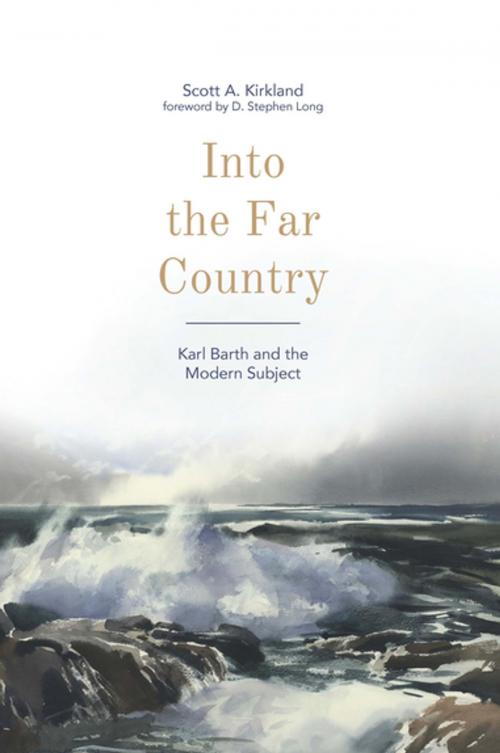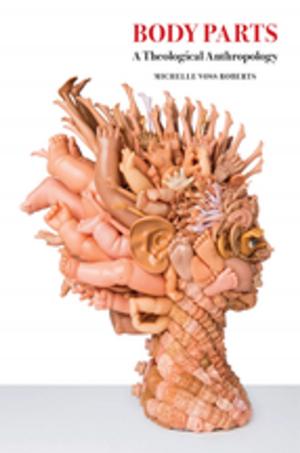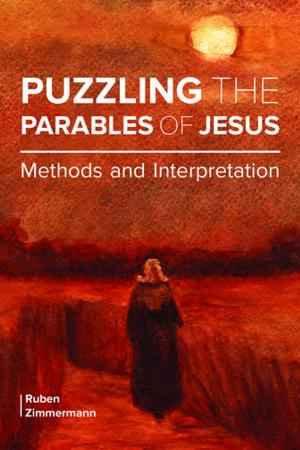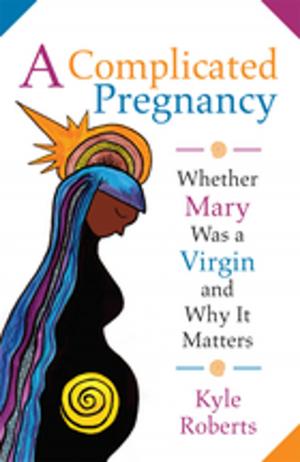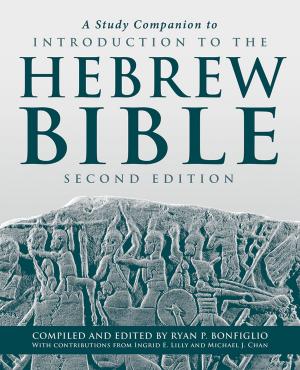Into the Far Country
Karl Barth and the Modern Subject
Nonfiction, Religion & Spirituality, Theology, Philosophy, Christianity| Author: | Scott A. Kirkland | ISBN: | 9781506401386 |
| Publisher: | Fortress Press | Publication: | July 1, 2016 |
| Imprint: | Fortress Press | Language: | English |
| Author: | Scott A. Kirkland |
| ISBN: | 9781506401386 |
| Publisher: | Fortress Press |
| Publication: | July 1, 2016 |
| Imprint: | Fortress Press |
| Language: | English |
Into the Far Country is an investigation of Karl Barth's response to modernity as seen through the prism of the subject under judgment. By suggesting that Barth offers a form of theological resistance to the Enlightenment's construal of human subjectivity as “absolute,” this piece offers a way of talking about the formation of human persons as the process of being kenotically laid bare before the cross and resurrection of Christ. It does so by reevaluating the relationship between Barth and modernity, making the case that Barth understands Protestantism to have become the agent of its own demise by capitulating to modernity's insistence on the axiomatic priority of the isolated Cartesian ego. Conversations are hosted with figures including Fyodor Dostoevsky, Rowan Williams, Gillian Rose and Donald MacKinnon in the service of elucidating an account of the human person liberated from captivity to what Barth names “self-judgment,” and freed for creative participation in the super-abundant source of life that is the prayerful movement from the Son to the Father in the Spirit. Therefore, an account of Barth's theology is offered that is deeply concerned with the triune God's revelatory presence as that which drives the community into the crucible of difficulty that is the life of kenotic dispossession.
Into the Far Country is an investigation of Karl Barth's response to modernity as seen through the prism of the subject under judgment. By suggesting that Barth offers a form of theological resistance to the Enlightenment's construal of human subjectivity as “absolute,” this piece offers a way of talking about the formation of human persons as the process of being kenotically laid bare before the cross and resurrection of Christ. It does so by reevaluating the relationship between Barth and modernity, making the case that Barth understands Protestantism to have become the agent of its own demise by capitulating to modernity's insistence on the axiomatic priority of the isolated Cartesian ego. Conversations are hosted with figures including Fyodor Dostoevsky, Rowan Williams, Gillian Rose and Donald MacKinnon in the service of elucidating an account of the human person liberated from captivity to what Barth names “self-judgment,” and freed for creative participation in the super-abundant source of life that is the prayerful movement from the Son to the Father in the Spirit. Therefore, an account of Barth's theology is offered that is deeply concerned with the triune God's revelatory presence as that which drives the community into the crucible of difficulty that is the life of kenotic dispossession.
